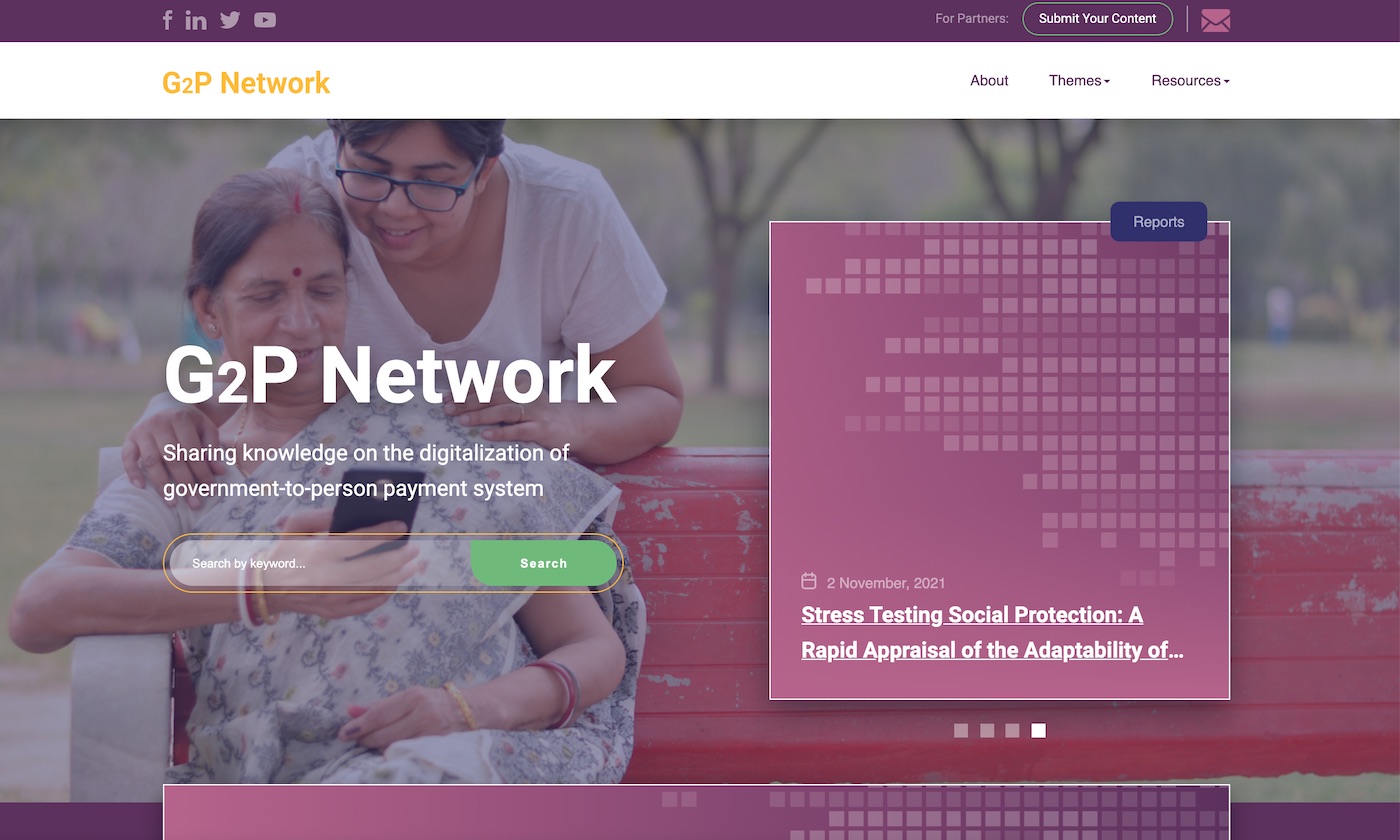In 2017, Malawi was one of the only countries in the Southern African Development Community (SADC) and Common Market for Southern and Eastern Africa (COMESA) without a functioning national registry and identification system. This essay chronicles the story of how UNDP, the government of Malawi (GoM), and their donor partners (UKAid/DFID, Irish Aid, USAID, the European Union and the government of Norway) managed to achieve universal ID coverage in a short span of time, with a focus on the policy and management lessons for similar projects in other countries.
First, it is worth revisiting the question: Why is a legal identity such an important goal? Globally, World Bank data suggest that an estimated 1 billion people are unable to prove their identity, with most of these coming from poor, rural households. While citizens of developed countries often take legal identity coverage for granted, this infrastructure is vital for lifting people out of poverty, ensuring social justice, and providing health benefits, among other things. This has been recognized: Sustainable Development Goal (SDG) 16, Target 9 acknowledges the centrality of identity and calls for countries to “by 2030 provide legal identity for all, including birth registration.”
Having a legal identity provides an enabling infrastructure for many other SDG goals, including social protection (1.3), access to economic resources (1.4), empowerment of women (5.A/B), and reducing corruption (16.5). There are also universal financial access goals—that by 2020 everybody has access to a transaction account or electronic financial instrument. Likewise, the civil registration and vital statistics goals aim to increase the proportion of countries that have achieved 100 percent birth registration and 80 percent death registration. Additionally, World Bank goals aim to end extreme poverty and boost shared prosperity, particularly for the poorest 40 percent of the population, while also improving service to the most vulnerable populations, and there are further goals set by other multilateral organizations.[1] This overlap in goals among many diverse institutions and players established a concrete opportunity for partnership and laid the foundation for what we were able to accomplish in Malawi.
This essay lays out the story of how the UNDP team with its development partners achieved universal ID registration in Malawi, the challenges we faced, the roadblocks, how UNDP coordinated with other stakeholders and community development partners, and highlights the synergies that helped us achieve success.
Read the full essay.
A draft of this essay was first produced and temporarily published in 2018, then published fully in August 2020.
[1] Universal Financial Access Goals: By 2020, adults globally have access to a transaction account or electronic instrument to store money, send and receive payments;
CRVS Goals, Target #17.19.2: Increased proportion of countries that have achieved 100 per cent birth registration and 80 per cent death registration;
World Bank Group goals: Ending extreme poverty and boosting shared prosperity, while also improving service delivery
Rights & Permissions
You may use and disseminate CGD’s publications under these conditions.





